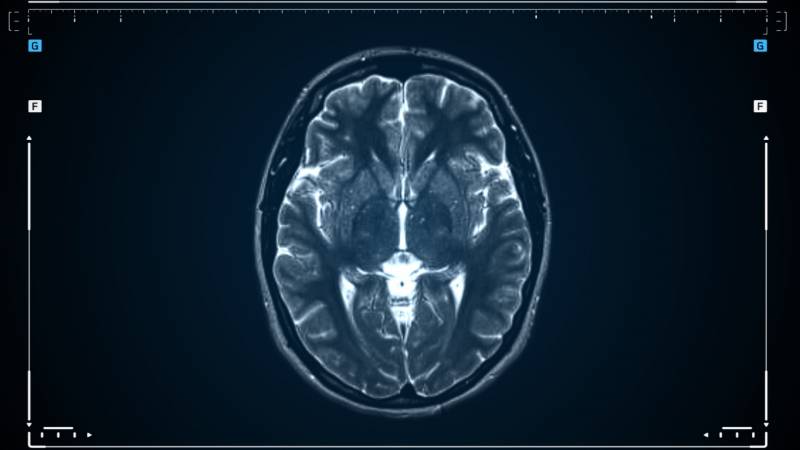When patients with severe depression don’t respond to medication, psychiatrists sometimes turn to a treatment known as repetitive transcranial magnetic stimulation (rTMS). The non-invasive therapy uses pulses of magnetic activity to stimulate the brain, and about half of patients see their symptoms improve. Now, researchers at Stanford say they have developed a new and improved version of rTMS, tailored to each patients’ neurocircuitry. In one study, nearly 80 percent of severely depressed patients experienced a normal mood within five days. We’ll talk to the lead researcher on the Stanford study and other experts in the field about the latest developments in rTMS and other methods of treating depression and mental illness.
New Frontiers in the Fight Against Depression
53:21

(iStock)
Guests:
Nolan Williams, director, Stanford Brain Stimulation Lab; assistant professor, Stanford Department of Psychiatry and Behavioral Sciences
Shan Siddiqi, instructor in psychiatry, Harvard Medical School; neuropsychiatrist, Center for Brain Therapeutics, Brigham and Women's Hospital
Deirdre Lehman, patient at Stanford who was treated for depression using SAINT (Stanford Accelerated Intelligent Neuromodulation Therapy)
Kennedy Cosgrove, psychiatrist, Kaiser Permanente, Oakland Medical Center
Sponsored